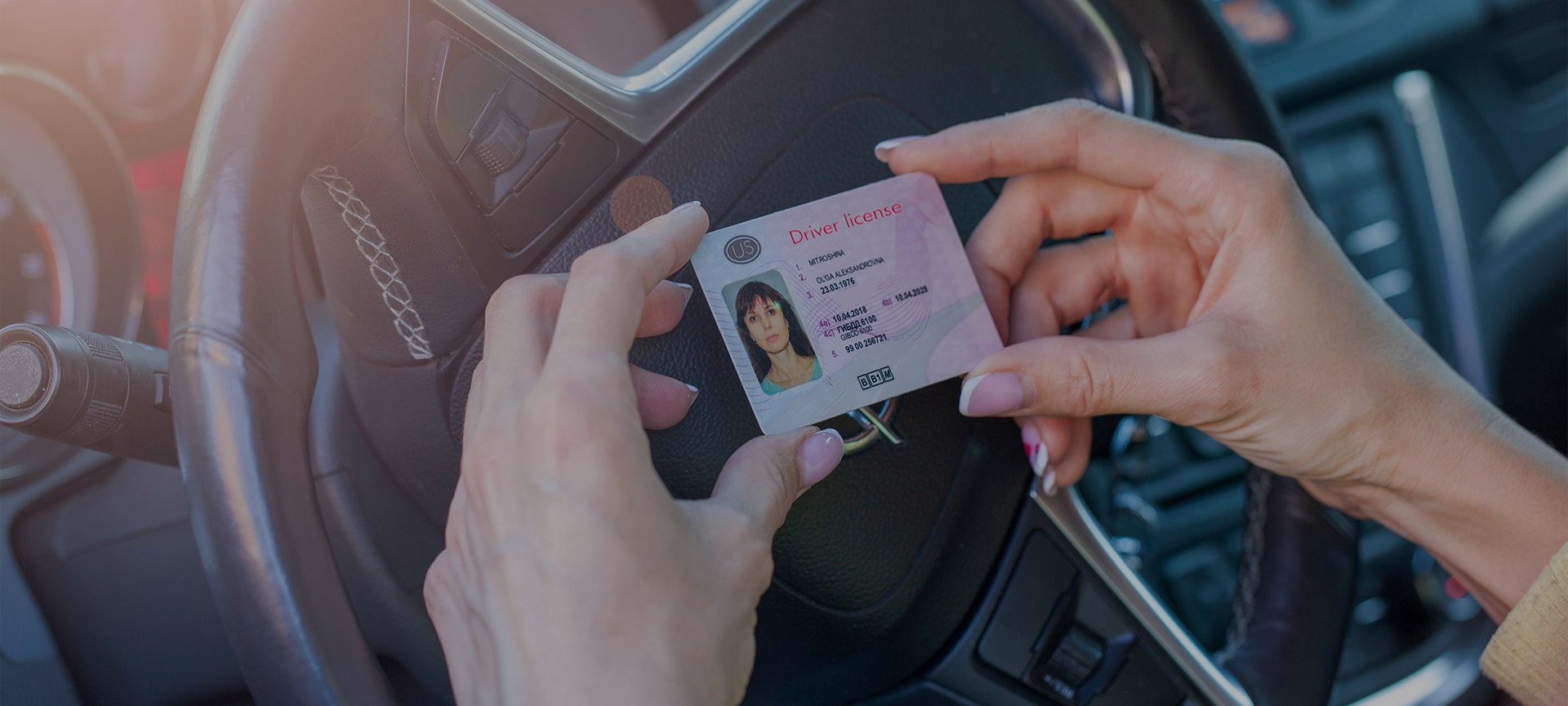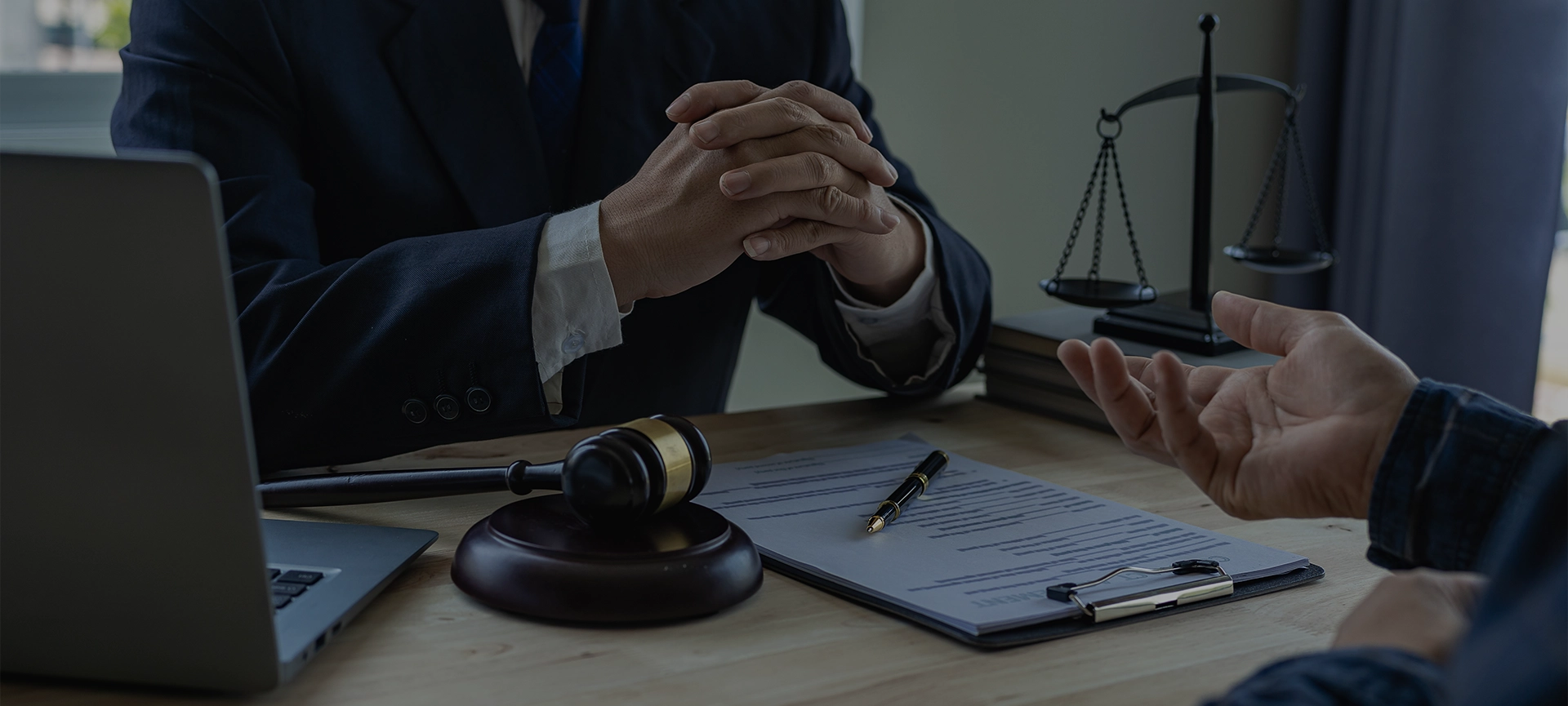When Edmonton resident Joshua Powell decided to film police using what he felt was excessive force while making an arrest at an Edmonton convenience store, he wound up getting charged with obstruction of justice.
According to CBC Edmonton, Powell pulled out his camera and started filming at least six police officers beeline for a customer at a Circle K on May 14, allegedly slamming the man to the ground, tying up his hands and feet, covering his face with a bag, and punching him in the head. Police accused the customer, Jamie-Dean Sauter, of stealing a car but didn’t end up laying any charges against him after determining that his licence plate had been replaced with one from a stolen vehicle.
[…]
Part of that reckoning means bearing witness to police misdeeds, said Ottawa-based criminal lawyer Michael Spratt.
“We’ve seen over the last number of years and certainly over the last number of months that there is a lack of oversight and accountability for our police forces,” said Spratt.
“In that context, I think it becomes more important for members of the public to document and to hold the police accountable. It can be a scary and momentous thing for a normal, law-abiding individual to stop and get involved.”
[…]
Spratt said if, for example, an officer is kneeling on a person and the person isn’t moving, that would be an important thing to say on video within earshot of the cop.
“It shows that they are ignoring what’s going on and are perhaps indifferent.”
[…]
As far as arresting someone who is in crisis, Spratt said police shouldn’t arrest someone who hasn’t committed a criminal offence. However, they may justify it by saying the person was a danger to themselves or others.
“That should be the exception and unfortunately many police officers see it as the rule.”
Read Manisha Krishnan’s full article: Vice




